united states
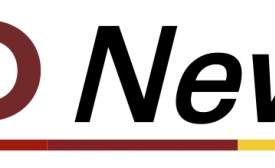
PD News is CPD's daily aggregation of English-language news from around the world pertaining to public diplomacy.
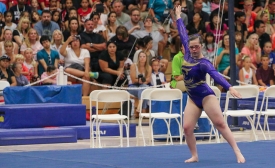
A look at what people said in social media about the Special Olympics 2015 in Los Angeles.
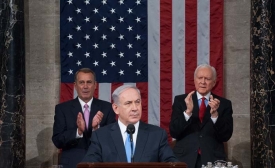
Reprinted from the CPD Blog by Philip Seib (Aug 8, 2015)
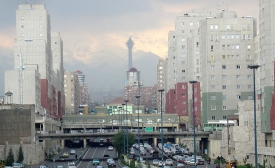
Reprinted from the CPD Blog by Rob Asghar (Apr 22, 2013)
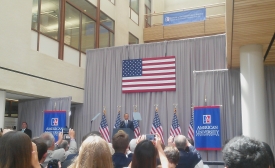
Reprinted from the CPD Blog by R.S. Zaharna (Aug 6, 2015)
Iran's approach to foreign policy changed dramatically after Hassan Rouhani was elected President of Iran in 2013. The most serious and comprehensive negotiations regarding Iran’s nuclear program started in 2013 between Iran and six world powers including the United States. An interim agreement was reached on November 24, 2013. A framework agreement was reached on April 2, 2015. And finally, the comprehensive deal was reached on July 14, 2015 to ensure that Iran’s potential pathway to developing a nuclear weapon is blocked.
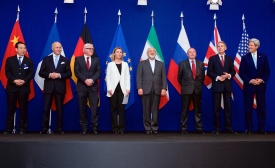
The Israeli campaign could be seen as classic public diplomacy – a government reaching out directly to a foreign public – or it could be seen as inappropriate interference that could produce an anti-Israel backlash. This is a line public diplomats should be wary about crossing. Even in the world of hardboiled foreign affairs, subtlety and restraint have value.







